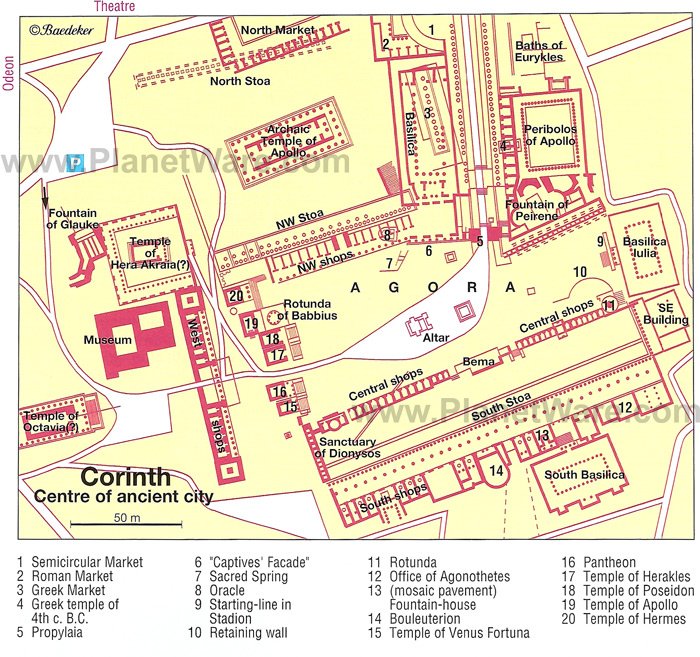I believe in the gifts of the Spirit for this is backed up by the bible. I do not believe this so called Pentecostal movement that started around 1906 is of God. I think this can be proven to any open minded Christian who really wants to know the truth. Since the gifts of the Spirit are, and always have been, in effect, therefore there are some people who speak in tongues and some who do not, that have experienced the power of God moving through them. I spent years in fundamental non tongue speaking churches, and also many years in tongue speaking churches. The non tongue speaking Christians generally were more grounded in the Lord then the tongue speaking Christians. I believe that is because Pentecostalism has so many false spirits that people call the Holy Spirit, while in non Pentecostal churches they do not have nearly so much of that sort of thing.
If you believe in genuine spiritual gifts and that there are genuine Pentecostal Christians, then it doesn't make sense to believe that Pentecostal gifts are categorically false or something like that. You didn't say that. But if there are Pentecostal believers who believe God to operate in gifts and pray for them (e.g. I Corinthians 14:13), it makes sense, considering Jesus' teaching on prayer, that there will be Pentecostals who operate in the gifts.After the Azusa Street Revival, there has been huge growth in evangelism and missions activity, much of which was directly connected with the Pentecostal revival.
Much of the huge growth of the church in China is through the Pentecostal and/or Charismatic churches over there. A reporter, I believe the chief correspondent for Time in Beijing for a while, whose lecture I saw on YouTube. It was about the healings in China, how that Christians and non-Christians heard reports of many healings there and they believed them. He was talking about this as a journalist, how he interviewed a policeman who'd arrested Christians who was healed of medically incurrable cancer, became a Christian, and fled from the government himself to Hong Kong.I've spent time in Indonesia, and it used to be that ethnic Chinese were typically Buddhist. Now, it seems like it is more common for them to be Christians. So it seems that the revival among the Chinese extends beyond Chinese national borders. A large number of these Chinese Christians are in Pentecostal and Charismatic churches.
The lines between the movements are blurred in Indonesia, too, with some churches in Pentecostal denominations calling themselves 'Karismatik' which you would not see in the US.You could have gone to a Pentecostal church that was kind of flaky, or have been in a kind of flaky end of the movement. I know there are preachers who stand up and preach opinions really loud who are Pentecostal or Charismatic.
There are Fundamentalists who do the same thing. As far as stereotyping the movement they way you do goes, maybe you should look at some Barna surveys. Several years ago, Barna did a survey where he asked people who went to church what they believed about basic evangelical doctrines. I believe it included things like beliefs about the Bible, beliefs about Hell, the Devil, etc. (I don't remember the details. I read the page a while back.) He had Assemblies of God, a Pentecostal denomination, parseled out as separate from 'Pentecostal' in his results. But he found that A/G people and other Pentecostals were at the top of the list for believing Biblical doctrines and other Pentecostals were second. In another one of his surveys, he found that Charismatics were at the top of the list for Biblical knowledge among Evangelicals he surveyed. I either did not see or do not recall the questions or the methodology. There are churches that aren't very solid in the word that you can find in these groups, but some that are very much into the Bible and following it. 'Charismatic' is a theological persuasion, not a denomination. To some extent 'Pentecostal; is too, but it is more associated with certain historical denominations. There are independent churches that can call themselves Pentecostal, too.




